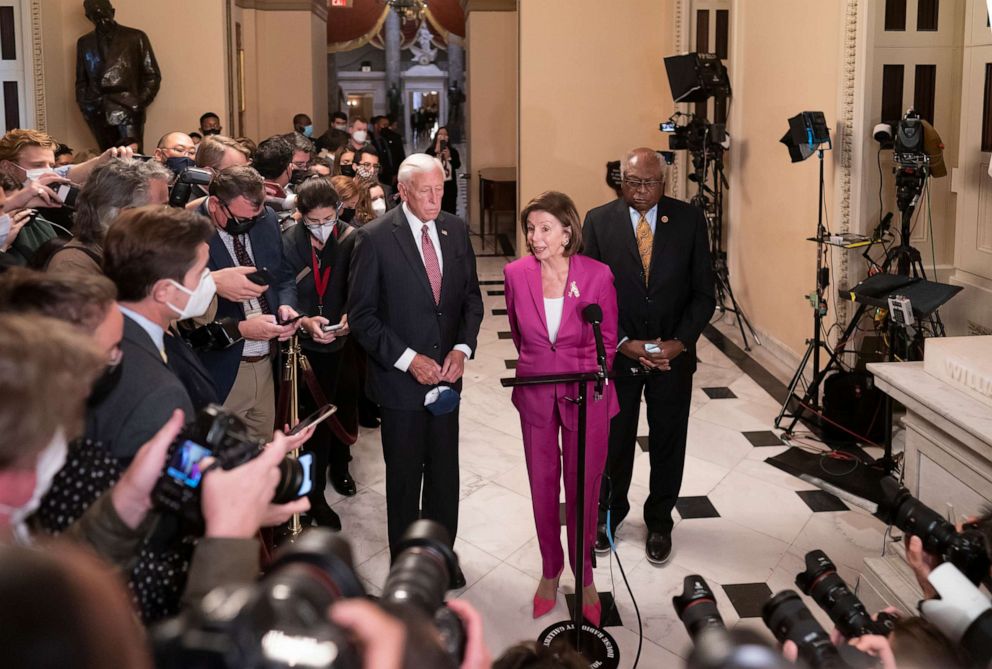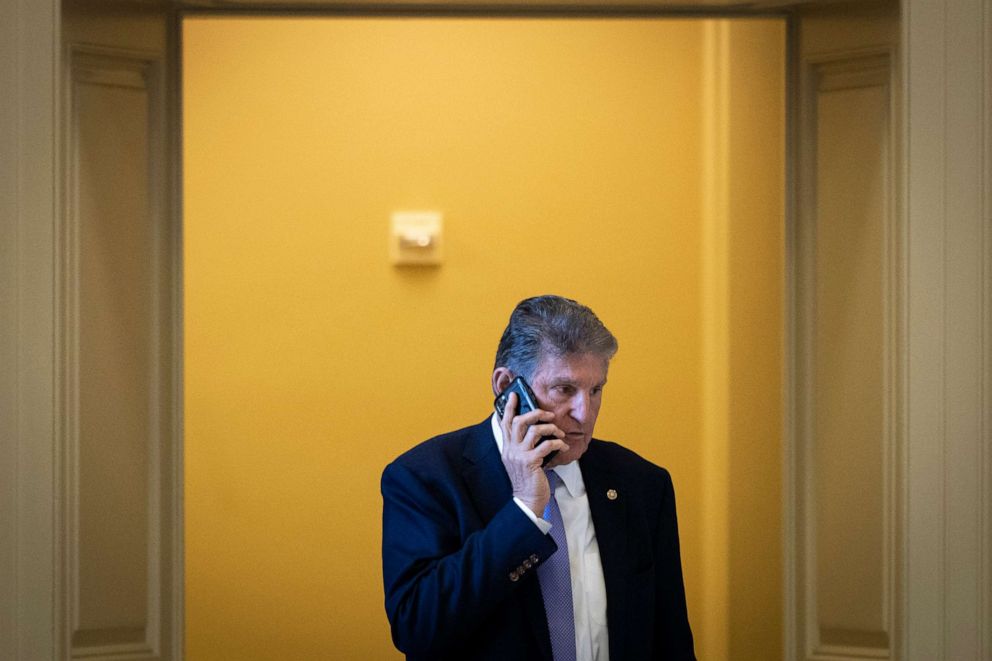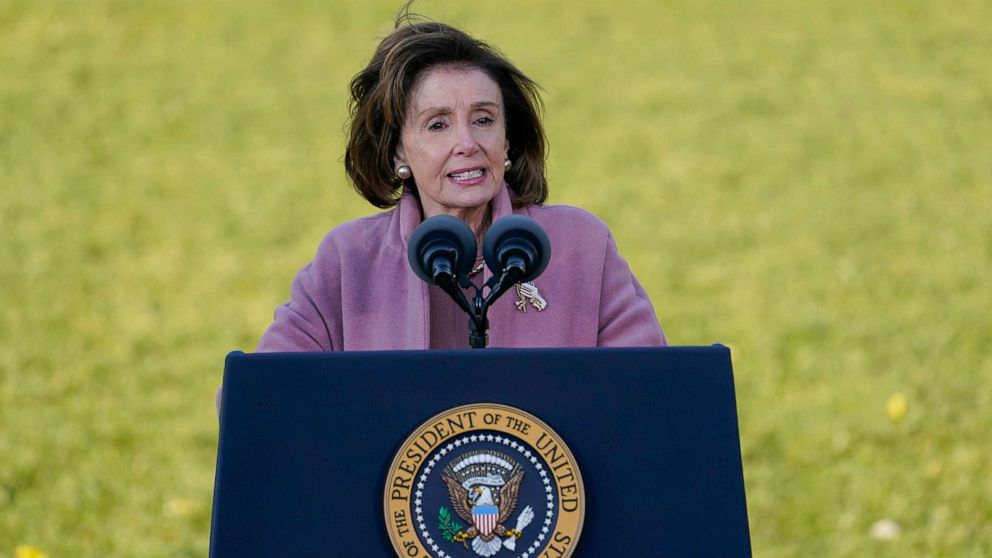Clock ticks on House passing social spending infrastructure bill
House Democratic leaders are hoping to pass President Joe Biden's $1.75 trillion climate and social spending package by the end of the week before handing it off to the Senate, where its fate remains murky at best.
House Majority Leader Steny Hoyer told reporters Tuesday that he wants the chamber to begin debating the bill as soon as Wednesday, followed by a final vote on the bill by Thursday or Friday, though he later acknowledged the vote could slip into the weekend.
"The Thanksgiving break is about to occur, and I've told members that they would be out of here on Thursday," Hoyer said to reporters during a press call.
The social spending bill -- called the Build Back Better Act -- contains $555 billion for climate and clean energy investments. It would reduce the cost of some prescription drugs, extend the child tax credit, expand universal preschool and includes electric-vehicle tax credits, paid leave, housing assistance and dozens more progressive priorities.
During a late-night meeting on Capitol Hill on Monday, House Speaker Nancy Pelosi warned members that the chamber would not leave for its planned Thanksgiving recess until the Build Back Better Act is passed in the House, according to sources familiar with her remarks.
Asked whether Biden's plan would pass the House this week, Pelosi told reporters: "That would be our hope."

Giving remarks in Woodstock, New Hampshire, on Tuesday, Biden also endorsed that timeline.
"I'm confident that the House is going to pass this bill. And when it passes, it will go to the Senate," he said. "I think we'll get it passed within a week."
At issue is that members are eagerly awaiting a final cost estimate score on the legislation from the nonpartisan Congressional Budget Office. The CBO is expected to drop their final findings by Friday, though leadership has said a score could come sooner than that.
Democratic leaders are also hoping already-released scoring from the nonpartisan agency will be enough to rally centrists around the measure.
The CBO has released piecemeal scores on various aspects of the bill in recent days. The final score expected by Friday will include cost estimates on the IRS and drug-pricing provisions in the bill.
At least five House democratic moderates have said they need to see more information from the CBO before they agree to vote.
Reps. Josh Gottheimer, Ed Case, Stephanie Murphy, Kathleen Rice and Kurt Schrader struck a deal with House progressives earlier this month to hold a final vote on the bipartisan $1 trillion infrastructure bill that Biden signed into law on Monday.
In return, moderates promised progressives they would commit to voting for the social spending bill the week of Nov. 15 if the CBO provided more "fiscal information" about the bill.
The moderates also said that if the CBO's cost estimates are inconsistent with the White House estimates, they would "remain committed" to working out their differences in order to pass the legislation.
Democratic leaders and the White House continue to insist the bill will be fully paid for, in part by imposing a 15% minimum tax on corporate profits that large corporations report to shareholders.
The White House also estimated the bill will raise $400 billion from increased IRS enforcement to collect unpaid taxes, which would make up the largest source of revenue for the legislation.
But recent estimates suggest that the IRS enforcement part of the bill will raise less revenue than expected -- about $120 billion over a decade.
It's unclear how moderates will respond to the CBO's estimates, though House leadership remains optimistic.
"We're going to get it done this week," Hoyer told reporters Tuesday.
"We want to have the confidence that what we've fiscally have said is the reality of the bill is in fact the reality because I think there are some members who simply want that assurance," Hoyer said.

Hoyer said he is confident they will have the votes to pass the bill when it hits the floor.
But the bill has a long way to go before it becomes law.
Senate Majority Leader Chuck Schumer said Tuesday he hopes it will be passed into law by Christmas.
But moderate Democratic Sen. Joe Manchin, who has not yet endorsed the bill, said he still has a lot of concerns over Democrats' timeline.
ABC News' Ben Gittleson contributed to this report.




